
Enrique Audiffred stands in front of a stratified frost control system at his farm in Michoacán, Mexico. With selective inversion system technology, radiant frost is being controlled in a way that avoids burning or prolonged irrigation.
Global demand for avocados is growing steadily, with per-capita consumption in the United States tripling since the early 2000s. With such escalating popularity, curiosity about the avocado industry's agricultural practices is also on the rise. Enrique Audiffred, a third-generation farmer and second-generation organic avocado grower in Michoacán, Mexico, is eager to share more about the subject.
Using data to drive sustainability
Audiffred studied industrial engineering with a specialty in collecting and analyzing agricultural data using sensors. To him, the benefits of applying technology to organic avocado production are clear. “The digitalization of avocado production allows me to consume fewer resources, making my production costs much lower,” Audiffred said. “Workers benefit from the system, because they are not exposed to pesticides and fertilizers, and our environmental impact is less.”
Sensors installed on Audiffred’s farm monitor moisture, salinity and nutrients in the soil. The data they collect is used to optimize a smart “fertigation” system, or a specialized irrigation setup consisting of sensors and irrigation hoses with valves. The system delivers water and fertilizer directly to the root zones of specific trees lacking in water or nutrients. “It is very efficient,” he explained. “The valves open and close depending on which area needs water and fertilizer, thereby avoiding waste and contamination."
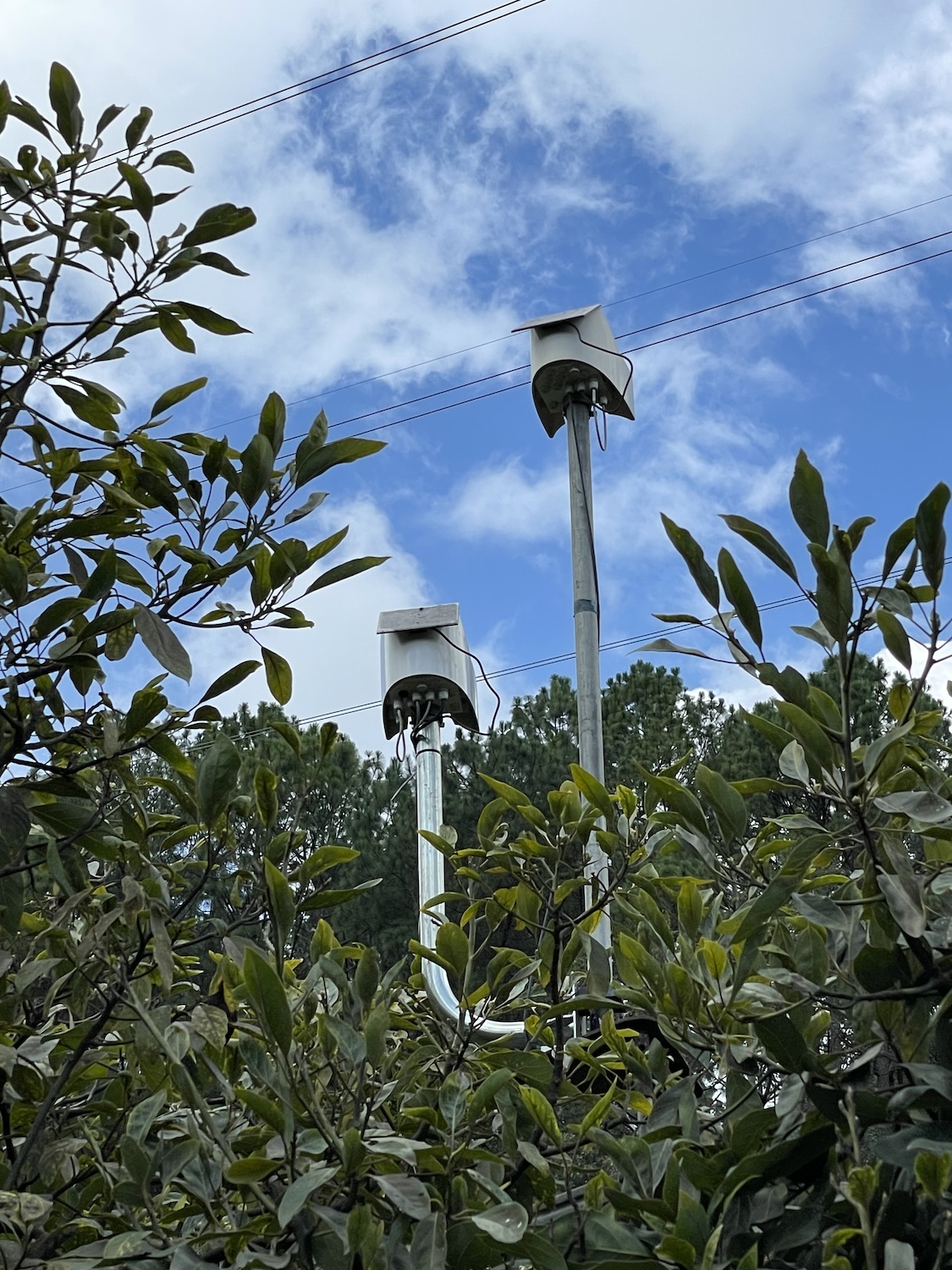
Audiffred also developed a monitoring system to help him identify microclimates and a control system to move production from colder zones into warmer zones. This helps him standardize production and create a more predictable schedule for harvest.
Another program he created detects anthracnose, a common agricultural disease that can lead to significant crop loss. “This model allows us to apply disease control only when necessary, instead of on a calendar basis,” he said.
“The kind of tech I use on my farm can only be found in five or six other orchards in the whole country,” he continued. “But it should be implemented all over the world for any grower who depends on agriculture for their income.”
While Audiffred believes access to technology is the industry's biggest challenge at the moment, he's still betting on ag-tech to change farming processes around the world. “Digital agriculture is the Industrial Revolution 4.0. It solves problems with water, insecticides and fertilizer,” he shared. "Most of the issues on my farm are solved by data that is available to me because of the technology I use.”
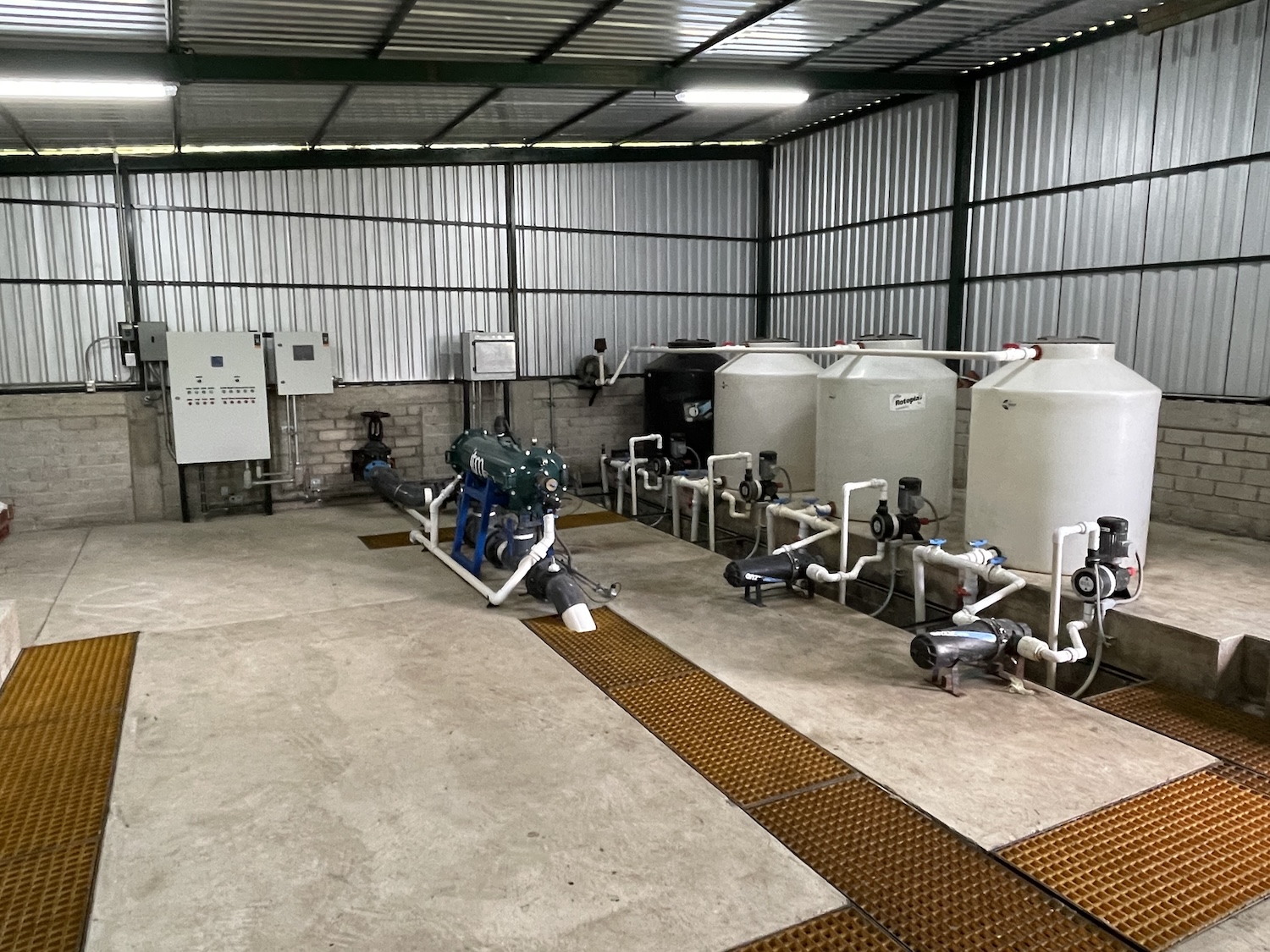
Although many of Audiffred’s growing innovations are high-tech, he also utilizes one surprisingly simple practice to promote sustainability on his farm: trees.
“Right now, half of my land is dedicated to the production of avocados, and the other 50 percent is a forest right next to the avocado orchard that I maintain to promote biodiversity,” he said. “I am very [environmentally] conscious, and I want to continue to promote sustainability in my work. We depend on the environment, so we must take care of it.”
Growing avocados with the future in mind
Many farmers with multigenerational connections to the land express a profound, deep-seeded commitment to its preservation. Alejandro Bautista, a second-generation avocado grower, is no different. “My father started our orchards 65 years ago, and when I got older, I came to work with [him],” Bautista said. “We now have about 200 acres of different cultivars.”
Like Audiffred, Bautista supports forests on his land to promote biodiversity and soil health. Of his approximately 500 acres of land, about 300 acres are rainforest.
“Part of what makes our avocados so rich is our volcanic soil,” he explained. “We have a volcano covered in forest, and we make sure to take care of it. There is a lot of wildlife in the forests, including wildcats and deer, and there is a natural spring that provides water to many communities. We benefit from the ecosystem there.”
Bautista’s family began their organic transition 40 years ago. “The main interest of my family is to be healthy,” he said. “When we looked at the potential damage that [irresponsible agricultural practices] can have on workers, our family and the land, we decided to transition to responsible farming and organic cultivation.”
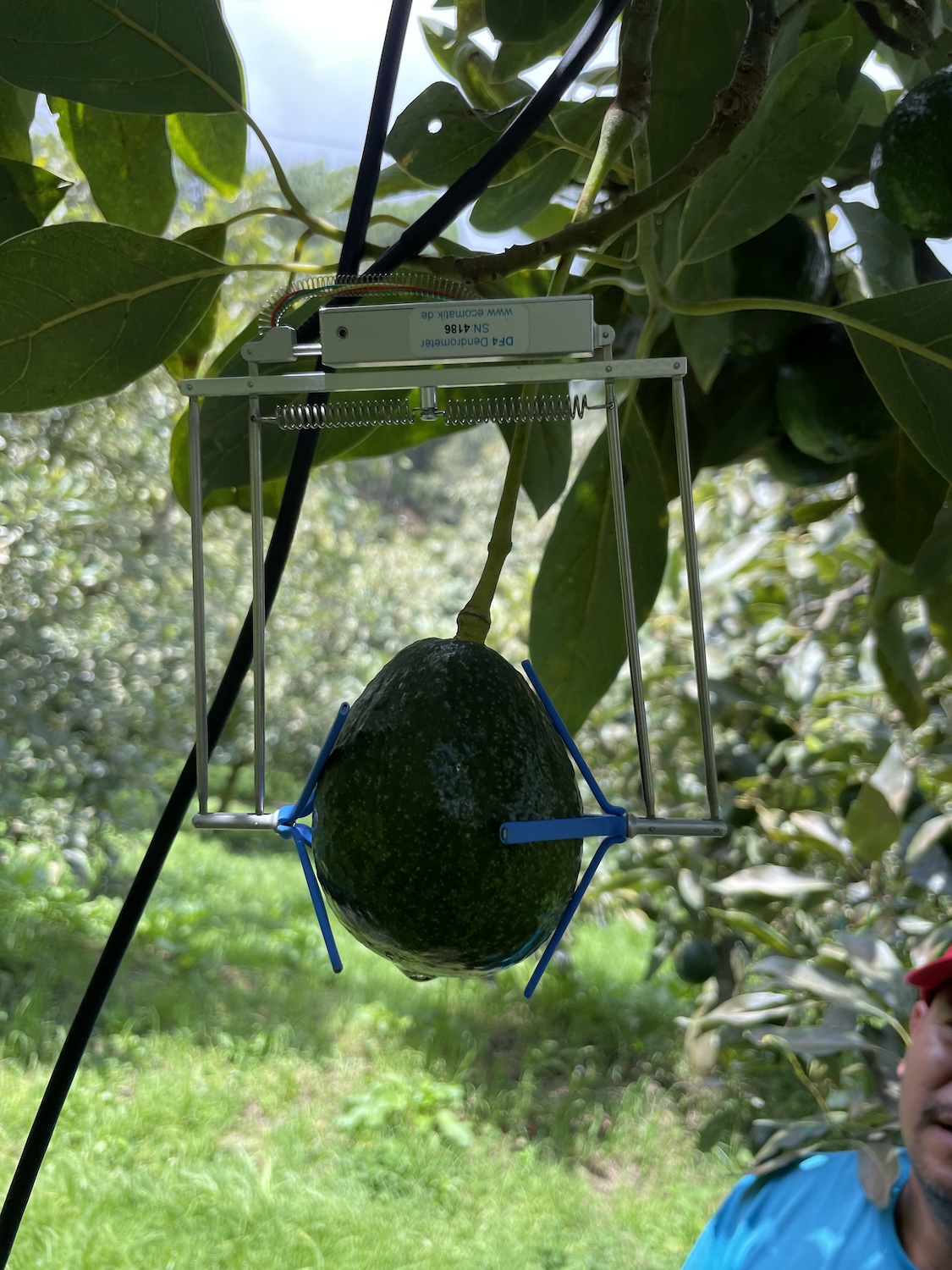
The farm now uses only natural fertilizers and maintains grass in the orchards at about eight inches minimum in order to sustain the natural insect population. They also plant trees far enough apart to promote air flow, allowing for ventilation and reducing disease pressure. Rather than agrochemicals, they feed the soil with natural composts and utilize natural insecticides like garlic and chilis to protect crops from pests.
Ever since he was 13 years old, Bautista has dedicated his life to agriculture. With his 70th birthday right around the corner, he is conscious of the legacy he has built in his community.
“The thing that brings me the most satisfaction is that we are walking the talk,” he reflected. “We are teaching by example to have a sustainable way of life. I am happy that my children and grandchildren are seeing this example.”
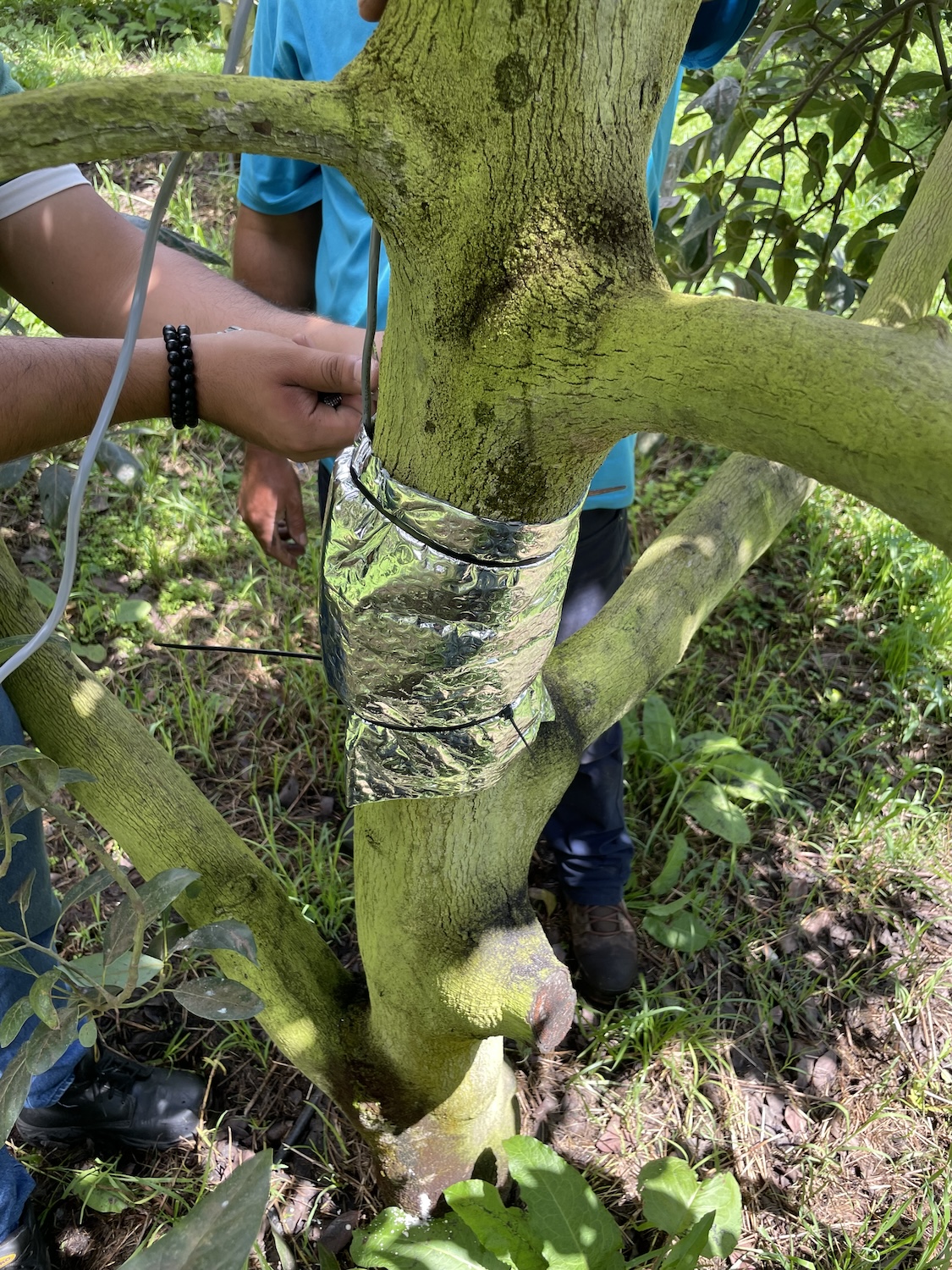
The future of sustainable avocados
As sustainable avocado growers in Mexico work to ensure the prosperity and longevity of their farms, the market for organic avocado production continues to expand. In 2022, retail sales of organic avocados reached $162.4 million in the U.S., a 2.8 percent increase from the previous year.
Farmers like Audiffred and Bautista, who implement practices that preserve natural resources and steward the economic and environmental well-being of their communities, are essential for the industry’s long-term success. Reflecting on the bright future of the avocado sector, Bautista is hopeful for the next generation of sustainable growers.
“I invest a lot in sustainability education, because I want to know that I am doing something for the next generation,” Bautista concluded. “Responsible agricultural practices are very important. It is a very good business to be a good person.”
This article series is sponsored by the Avocado Institute of Mexico and produced by the TriplePundit editorial team.
Images courtesy of the Avocado Institute of Mexico
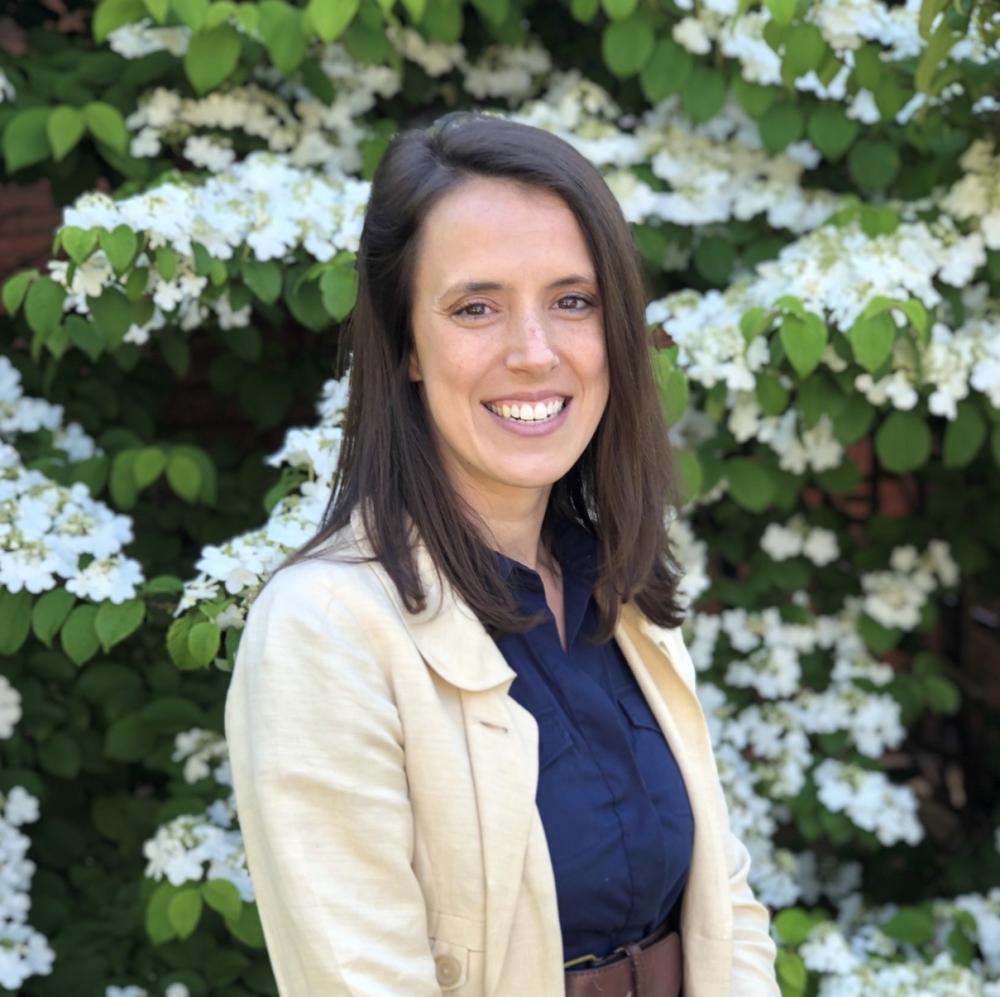
Mary Riddle is the director of sustainability consulting services for Obata. As a former farmer and farm educator, she is passionate about regenerative agriculture and sustainable food systems. She is currently based in Florence, Italy.














